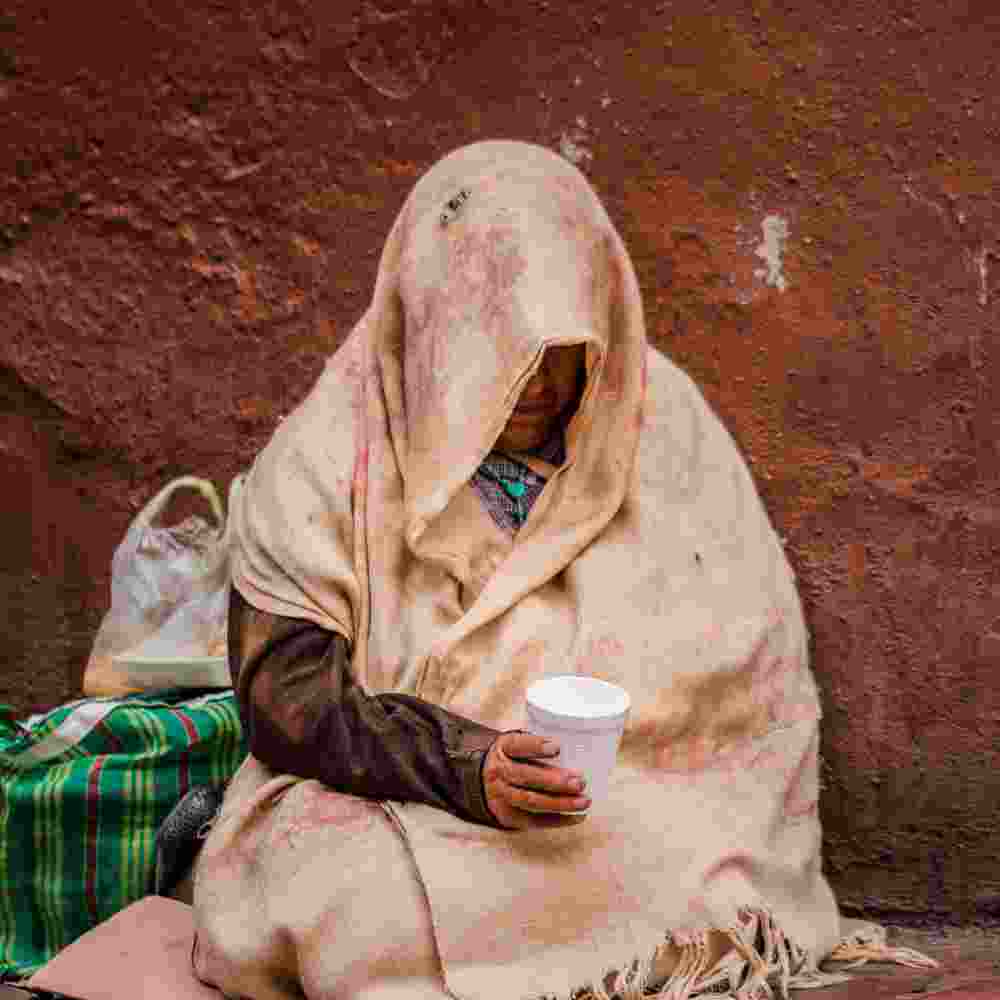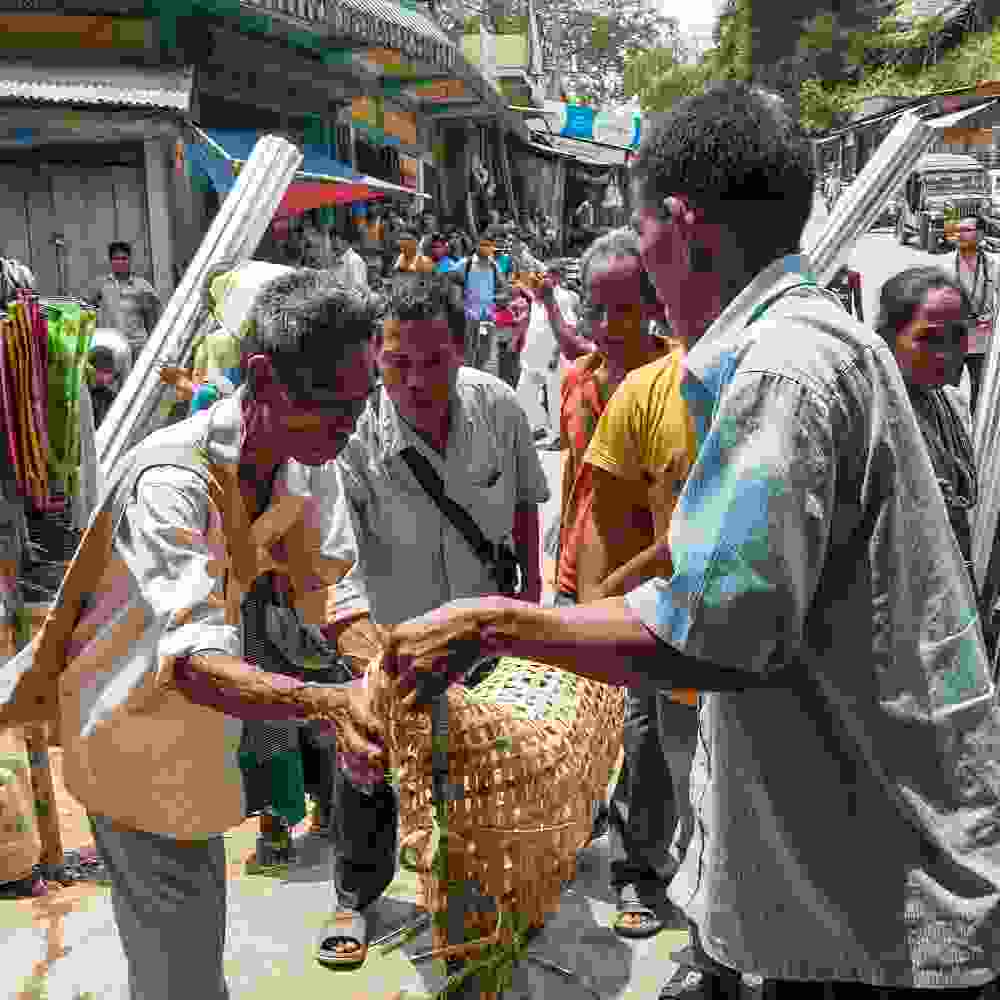Can the Poverty Mentality Be Changed?
Those who have lived with the effects of poverty for generations typically have the hardest time changing the poverty mentality that often accompanies generational poverty. The United Nations defines poverty as living at or below $1.90 per day, the equivalent of a cup of coffee in the United States.1 Some families have lived this way from generation to generation.
The mentality of poverty is defined differently depending on where you live. You can be in an affluent country, like the United States, and still have a mindset that only allows you to see the lack of something and makes you constantly alert to not spending money.2 This mindset, though similar, is different than someone living in sub-Saharan Africa whose family subsists on less than $2 a day and has been doing so for generations.
For the most vulnerable in the world, having a mind trapped by poverty means that repeated circumstances, hardships and despair result in stunted motivation, lethargy and hopelessness. If someone has lived this way for years, with no vision of a future beyond such circumstances, and has never been taught to value themselves or to dream, their mentality is mired in their poverty.
This cycle can be broken. Two of the most powerful ways to help someone develop a new mindset about their circumstances is to show them their value as a human and give them a hope for the future.
GFA World uses proven tools and trained missionaries to bring both of these to families who long to be free from their desperate situations. To show someone their individual value, GFA missionaries share Christ’s personal, tangible love. Native to their region, they instinctively understand local culture and how to best present the message of Christ’ love and hope. They also reflect this love and an individual’s worth to others in how they treat the people around them.
Missionaries also provide hope for the future by empowering impoverished families to earn a more sustainable income. For example, they provide income-generating gifts such as livestock and sewing machines. They also help provide vocational training to enable individuals to learn marketable skills.


Comments
Post a Comment